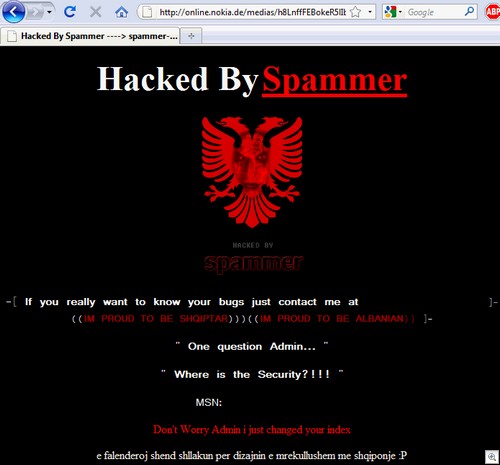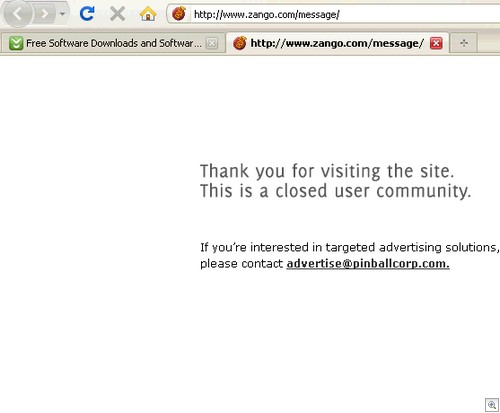“Shadows in the Cloud” hang over the otherwise sunny PRC
A spokesperson for the Chinese Foreign ministry has tried to minimize a report from investigators in Toronto that hackers based in China breached computers of the Indian Government and others and downloaded classified material.
The Information Warfare Monitor and the Shadowserver Foundation extensively documented an eight-month investigation that revealed a network of infected government and military computers. The net was controlled from servers in China and stole a variety of classified documents. They posted their 52-page report, “Shadows in the Cloud: investigating cyber espionage 2.0” today on scribd.com
“Shadows in the Cloud” describes the researchers’ findings that hackers based in Changdu, China, penetrated the systems of the office of the Dalai Lama, Indian government, Indian military and agencies of the United Nations.
They wrote in the report: “We have no evidence in this report of the involvement of the People’s Republic of China (PRC) or any other government in the Shadow network. But an important question to be entertained is whether the PRC will take action to shut the Shadow Network down. Doing so will help to address long-standing concerns that the malware ecosystems are actively cultivated, or at least tolerated, by governments like the PRC who stand to benefit from their exploits through the black and grey markets for information and data.”
The Chinese government denied any involvement and tried to minimize the investigation. In a story on the Peoples’ Daily online – the news outlet of the Chinese Communist Party – Jiang Yu, a spokesperson for the Chinese Foreign Ministry, said “Some reports have, from time to time, been heard of insinuating or criticizing the Chinese government…I have no idea what evidence they have or what motives lie behind.”
“Hacking is an international issue and should be dealt with by joint efforts from around the world,” she said.
“China refutes hacking accusation, urges int’l cooperation”
Urging “International Cooperation” when China gets caught red handed must be the standard formula at the Foreign Ministry.
The People’s Daily site carried a “related reading” list of earlier denial stories, including one from as far back as 2007 in which Jiang Yu’s response was “Hacking is an international problem that torments China, too. We are ready to strengthen cooperation with other countries, including the US, in countering Internet crimes.”
“Chinese military scholar denies fresh hacking allegation”
If you have something on a computer you think the Chinese government might be interested in you might SERIOUSLY harden your network and consider some very good encryption. And user education about spear phishing wouldn’t hurt.
Tom Kelchner








